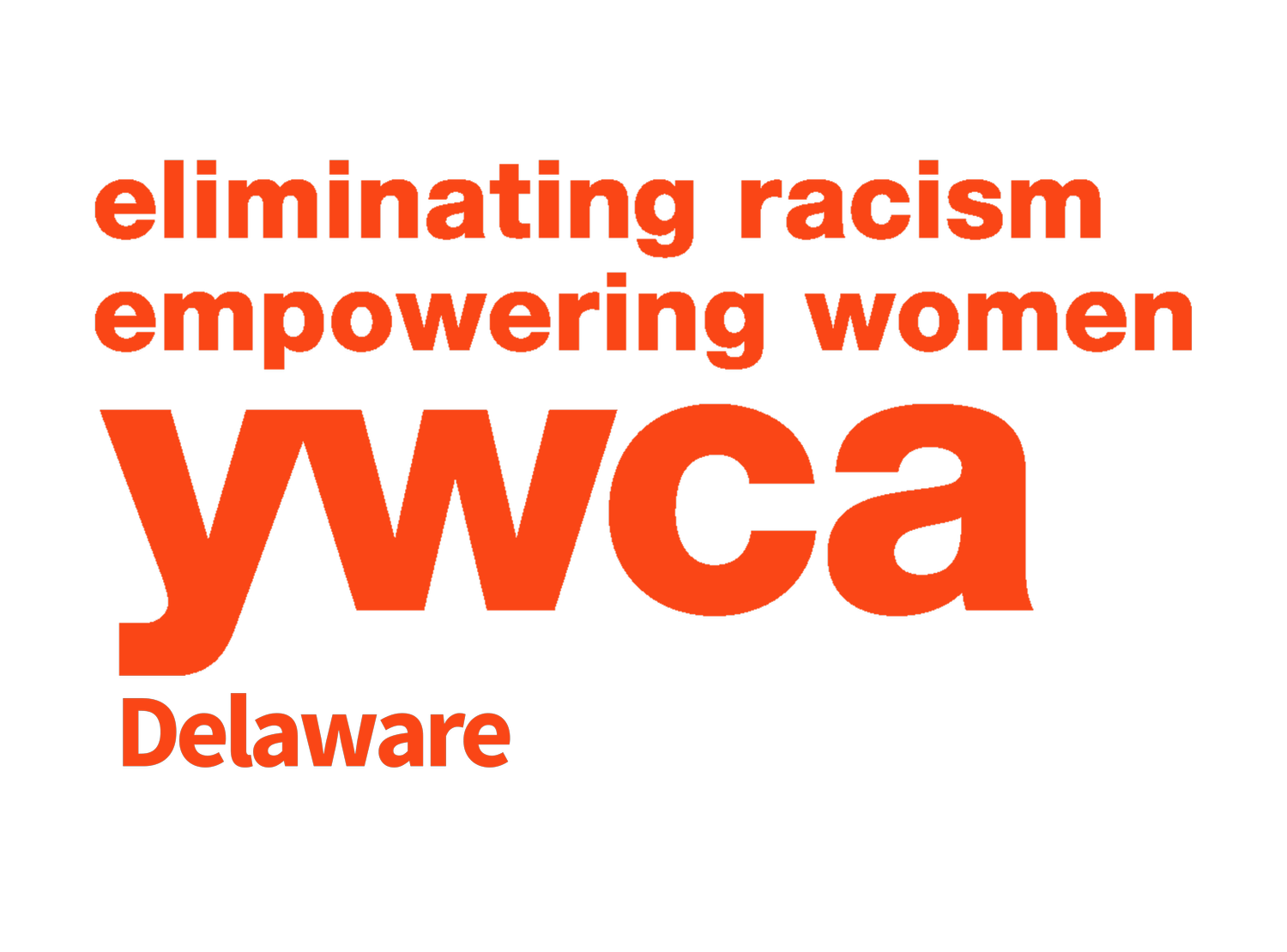About Week Without Violence
Week Without Violence has been a YWCA national campaign since 1995 – 30 years!
In partnership with World YWCA, Week Without Violence is the YWCA movement’s opportunity to come together and advocate for a safer world for women, girls and families. This year’s theme, Safe Beginnings: Protecting Mothers, Nurturing Futures, is all about how we can support moms and their children as they build hopeful, healthier futures. Throughout the week, we’ll be sharing stories from real YWCA program participants to amplify their voices, honor their resilience, and inspire action.
Join us from
October 20-24, 2025
As we raise awareness, elevate survivor voices, talk with policymakers, and more with a common goal: centering survivors so that together, we can end gender-based violence.
DAY 1 – Delivering Justice: Advancing Equity in Maternal & Infant Health
Tackling racial and systemic disparities in maternal and infant outcomes, toxic stress, and ensuring every mother has access to respectful, quality care.
DAY 2 – Carrying Courage: Ending Violence in Pregnancy
Uplifting the strength of pregnant survivors and advocating for safety, support, and trauma-informed care during one of life’s most vulnerable times.
DAY 3 – Nurturing in Safety: The Right to Raise Children in Stable Homes
Highlights how access to safe, stable, and affordable housing is essential for mothers and families to thrive. Explores how domestic violence, eviction, and systemic inequities disrupt the ability to parent in peace—and calls for housing justice as a cornerstone of family well-being.
DAY 4 – Leaving Isn’t Easy: Understanding the Barriers Mothers Face
Discussing the barriers that mothers face to leaving domestic violence situations.
Include financial abuse as a barrier to mother’s leaving domestic violence situations, this will help tie in our partners at Allstate.
DAY 5 – Justice for Mothers: Legal Pathways to Safety and Stability
Focusing on the critical role of legal systems in protecting mothers and their children from domestic violence. While laws exist to safeguard survivors, many mothers—especially those who are Black, Brown, immigrant, low-income, or disabled—face overwhelming barriers when seeking justice. From navigating custody battles to securing restraining orders, the legal system can be both a lifeline and a labyrinth.
